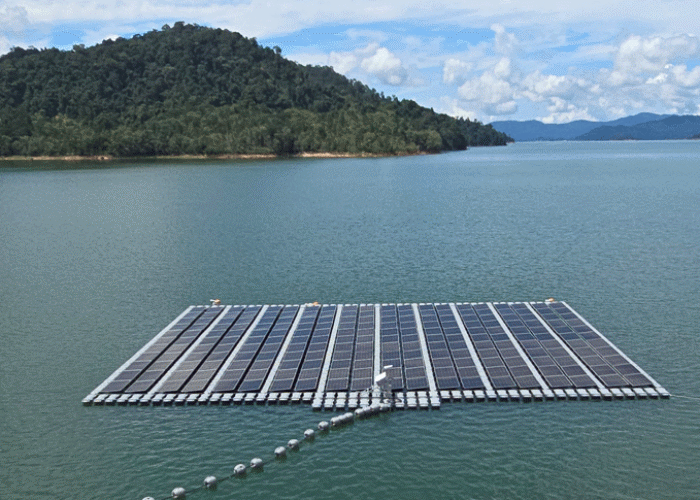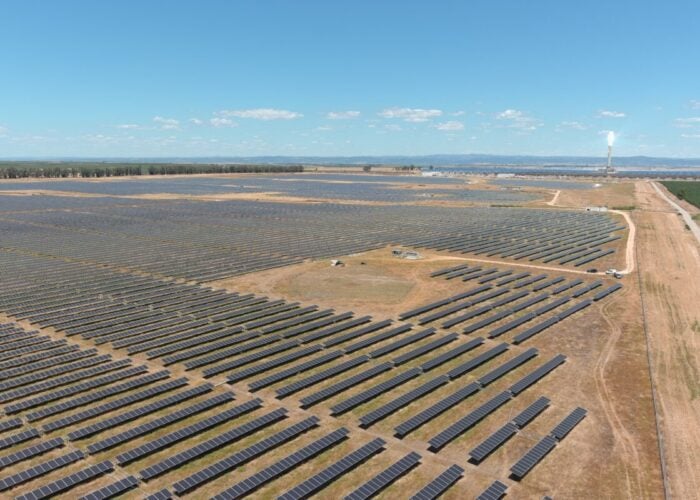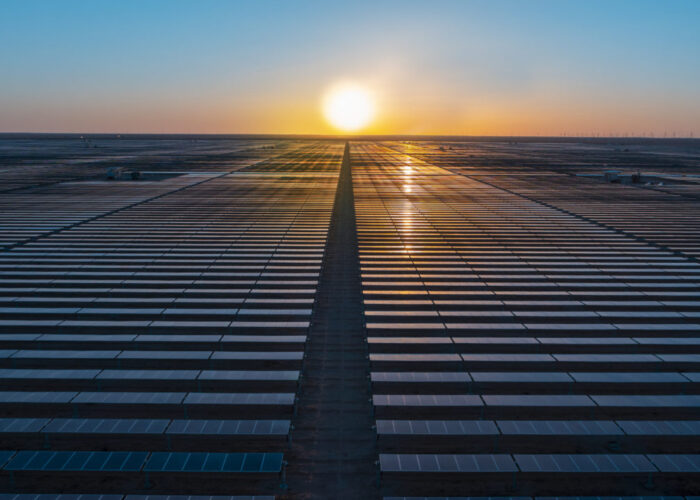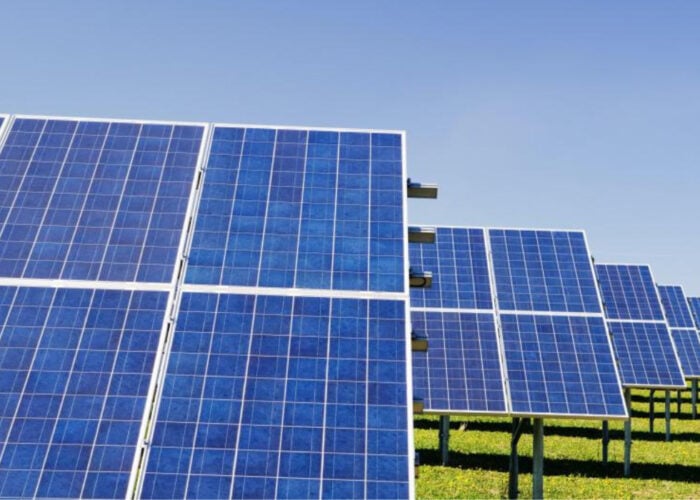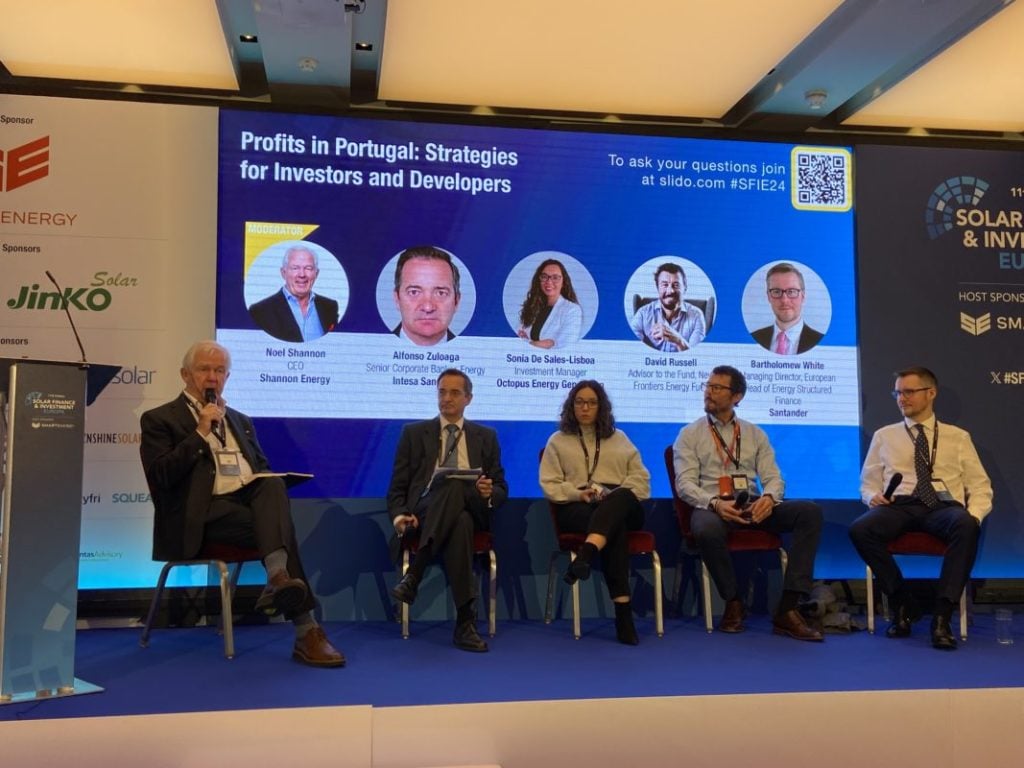
Portugal has some of the most ambitious renewable targets in Europe, as the country looks to install 20.4GW of solar PV capacity by 2030
In a recent piece, PV Tech reported that 61% of electricity consumption was supplied by renewables last year in Portugal, the highest ever recorded in the national system, according to the country’s grid operator Redes Energéticas Nacionais (REN). REN said renewables production in 2023 reached 31.2TWh. Wind energy supplied 25% of the consumption in Portugal, followed by hydropower (23%), solar PV (7%), and biomass (6%).
Unlock unlimited access for 12 whole months of distinctive global analysis
Photovoltaics International is now included.
- Regular insight and analysis of the industry’s biggest developments
- In-depth interviews with the industry’s leading figures
- Unlimited digital access to the PV Tech Power journal catalogue
- Unlimited digital access to the Photovoltaics International journal catalogue
- Access to more than 1,000 technical papers
- Discounts on Solar Media’s portfolio of events, in-person and virtual
At the Solar Finance & Investment Europe conference in London last week, four speakers discussed market trends and challenges in the Portuguese market and what solar developers can expect in 2024 and beyond. Alfonso Zuloaga, senior corporate banker, energy at Intesa Sanpaolo, named three trends in 2023.
“First, there is a significant increase in capital needs from companies as they need to fulfil government plans of net zero emissions. Second, the interest rates reduce the leverage available for different projects. And third, many companies looked for partnerships to fulfil those [government] targets,” Zuloaga said.
Sonia De Sales-Lisboa, investment manager of Octopus Energy Generation, added to the role of government, discussing permitting issues.
“So we see the development process is very delayed. We see that there are no original resources in the authorities to be able to permit on time. We are also suffering from the lack of guidance and clarity from the government,” she said.
Moreover, municipalities were reluctant to issue the permits due to residents’ objections to such development in their neighbourhoods; “this is a general trend that you see in the news,” Sales-Lisboa said.
The panellists also discussed solar investment in Portugal. David Russell, advisor to the New Frontiers Energy Fund, said the Portuguese Golden Visa in Portugal “is a good programme”, as it allows individuals to invest in solar projects and enables the industry to raise money.
“We’re re-educating people about the visa and solar is a qualifying asset. There’re a lot of investment opportunities, but we’re all reliant on the government making consistent decisions as an election is coming up,” Russell said.
Speaking of investment in solar, Bartholomew White, managing director, European head of energy structured finance at Santander, said the solar investment market was not only pivoting towards higher interest rates, but also a merchant environment.
“There are a number of projects driven by power purchase agreements (PPAs) which are successfully built in Portugal, but we are also seeing a large number of merchant projects. But the market, in general, has not really progressed to that point,” White said.
In addition, the solar industry is also expecting a decrease in interest rates. White said the drop in interest rates “is a really positive backdrop” that allows transactions to proceed.

